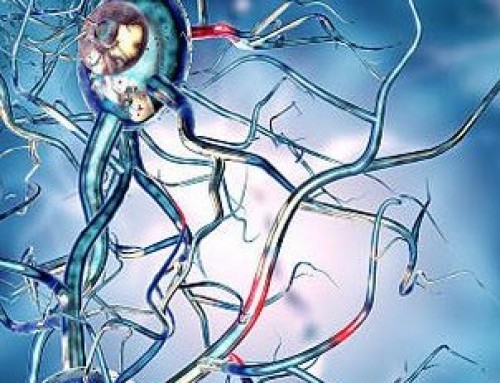Prolonged Fasting Helps Stem Cells Rejuvenate Immune Systems
 Physicians working with patients battling cancer have long known that the drugs used in that battle are often as harmful as the cancer itself. The toxic drugs used in the fight, come with a laundry list of side-effects. Some of the more serious problems include the depletion of white blood cells and the loss of bone marrow cells (1). Researchers at the USC Davis School of Gerontology have identified that prolonged fasting may in fact strengthen immune response by triggering stem cell regeneration(2).
Physicians working with patients battling cancer have long known that the drugs used in that battle are often as harmful as the cancer itself. The toxic drugs used in the fight, come with a laundry list of side-effects. Some of the more serious problems include the depletion of white blood cells and the loss of bone marrow cells (1). Researchers at the USC Davis School of Gerontology have identified that prolonged fasting may in fact strengthen immune response by triggering stem cell regeneration(2).
The negative impact on patient immune systems as a result of chemotherapy has been observed for decades. This new research, however, demonstrates that periods of prolonged fasting have the result of reversing this action.
What Happens During Fasting
The body is remarkably efficient. Patients were observed for a period of 72-hours as they fasted. It is during this period that the body seeks to use up stored reserves. Excess glucose, ketones, and of course fat are broken down to produce energy.
Many white blood cells are also broken down during fasting. The researchers were surprised to discover that white blood cells rapidly replenished once the fasting had ended. This replenishment is the result of triggers in the stem cells not yet understood.
“When you starve, the system tries to save energy, and one of the things it can do to save energy is to recycle a lot of the immune cells that are not needed, especially those that may be damaged. We could not predict that prolonged fasting would have such a remarkable effect in promoting stem cell-based regeneration of the hematopoietic system.” Valter Longo, Ph.D.
Valter Longo was a co-author on the research and a professor at USC Davis School of Gerontology. He has done extensive research on how stem cells can be triggered through prolonged fasting exercises.
Prolonged Fasting is Not Water Fasting
Dr. Longo has been quick to point out that prolonged fasting is not water fasting. Water fasting is a process where subjects eliminate all food intake and only consume water for periods of five days or more. Dr. Longo advises against this approach unless under constant medical supervision.
There are a number of ways to do prolonged fasting. One way is where a person dramatically reduces their caloric intake by 50% – 66% for up to five days. Another is where an individual consumes exclusively water for 2-3 days.
All of these approaches should be done under the observation of a personal physician.
Additional Benefits Observed
 The USC researchers observed additional benefits from prolonged fasting. Specifically, they observed that triggering of stem cells to produce new white blood cells also had the effect of reducing certain enzymes in the body that affect aging. The team also observed a reduction in the growth factor hormone (IGF-1). IGF-1 is linked to aging and cancer progression.
The USC researchers observed additional benefits from prolonged fasting. Specifically, they observed that triggering of stem cells to produce new white blood cells also had the effect of reducing certain enzymes in the body that affect aging. The team also observed a reduction in the growth factor hormone (IGF-1). IGF-1 is linked to aging and cancer progression.
IGF-1 is necessary while you are growing; however, it also facilitates the aging process as you grow older.
Researchers are already putting these observations into use. They have identified that patients diagnosed with cancer benefit from a 3-day fast prior to receiving chemotherapy. The result is a stronger immune system, more capable of handling the treatment and fighting the disease.
This research also introduces new avenues for research into regenerative medicine in the coming years.
References:
-
Mauch, P., Constine, L., Greenberger, J., Knospe, W., Sullivan, J., Liesveld, J.L., and Deeg, H.J. Hematopoietic stem cell compartment: Acute and late effects of radiation therapy and chemotherapy. International Journal Radiation Oncolcology, Biology Physics 1995; 31: 1319–1339
-
Chia-Wei Cheng, Gregor B. Adams, Laura Perin, Min Wei, Xiaoying Zhou, Ben S. Lam, Stefano Da Sacco, Mario Mirisola, David I. Quinn, Tanya B. Dorff, John J. Kopchick, Valter D. Longo. Prolonged Fasting Reduces IGF-1/PKA to Promote Hematopoietic-Stem-Cell-Based Regeneration and Reverse Immunosuppression. Cell Stem Cell, 2014; 14 (6): 810 DOI: 10.1016/j.stem.2014.04.014





